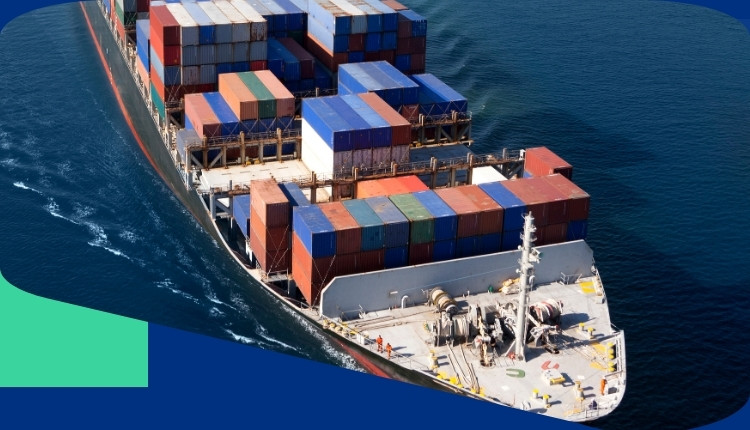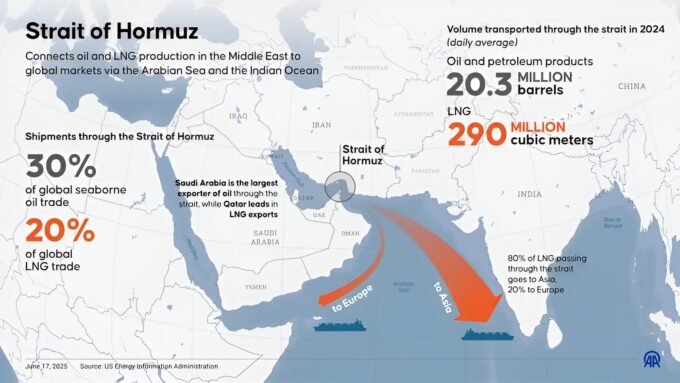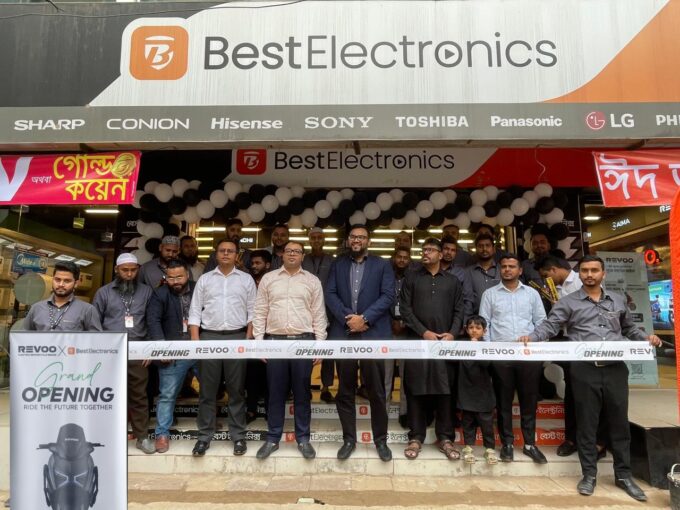The cost of lighter ship transportation from the outer anchorage of Chattogram port has plummeted by at least 25% following the removal of transportation syndicates. Goods are now being transported along 34 sea routes under an open market system, which traders anticipate will lead to lower product prices in the market.
Previously, the Water Transport Cell (WTC) managed the transportation of goods using lighter vessels. However, following a dispute among ship owners, the Mercantile Marine Office (MMO) established the Bangladesh Water Transport Coordination Cell (BWTCC) last April. Despite this move, the BWTCC failed to become operational due to a lack of cooperation among ship owners, leading to the continued dominance of the disbanded syndicates.
In the wake of these disruptions, stakeholders report that the absence of the WTC and other syndicates has allowed shipowners and agents to hire vessels directly. This shift has led to a reduction in transportation costs by Tk20 per tonne, which was previously collected as a commission by the syndicates. As a result, shipping fares have decreased from Tk585 to Tk440 per tonne, reflecting the benefits of a competitive, open market system.
The transition to an open market has been met with mixed reactions. Mohammed Amirul Haque of Seacom Group highlighted that the elimination of fixed rates previously set by the WTC has made transportation more affordable. He emphasized the importance of preventing the formation of new syndicates to maintain these cost reductions. Since the fall of the Awami League government, there have been significant disruptions in the transportation and clearance of goods at Chattogram port, including delays caused by vandalism and attacks on unloading points. Despite these challenges, the open market system has been praised for its impact on reducing shipping costs.
Currently, approximately 2,500 lighter ships operate across 34 sea routes, with 45% being bulk carriers and open cargo carriers. Of the open cargo, 75% is unloaded onto lighter vessels at the outer anchorage, while 25% is offloaded at the port jetty. The shift away from syndicate control to an open market system represents a significant change for Chattogram port’s transport sector, promising more competitive pricing and improved efficiency in the handling of goods.
For more updates, be with Markedium.













































Leave a comment